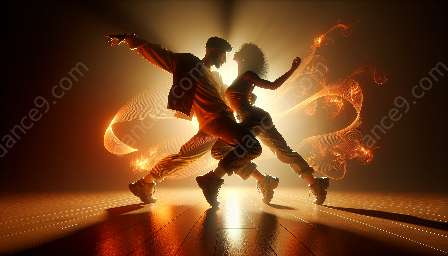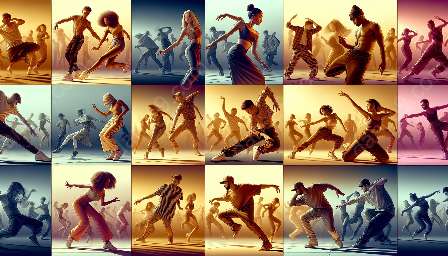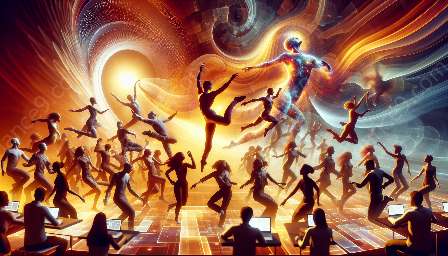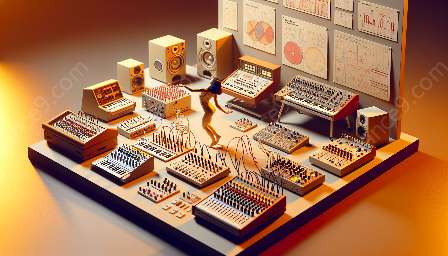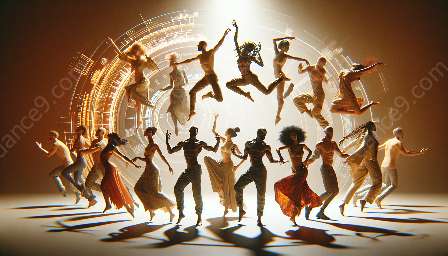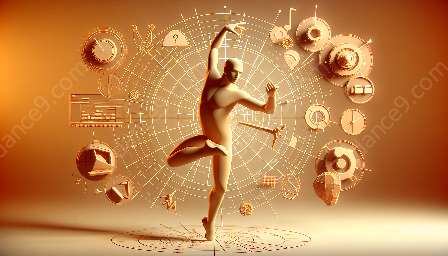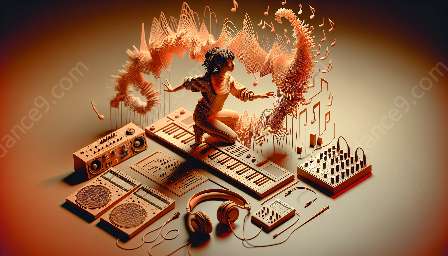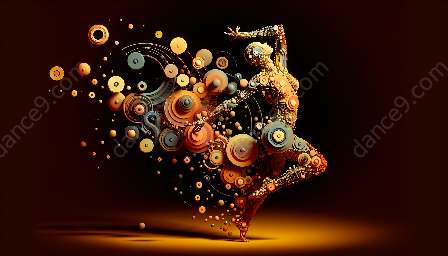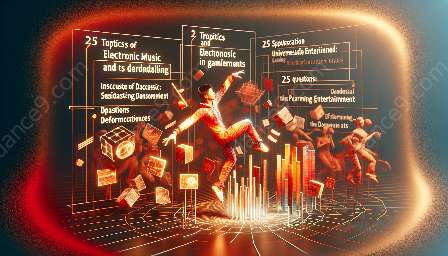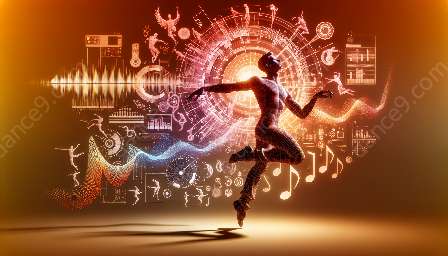The evolution of dance and electronic music has been rich and diverse across different cultures. From traditional rhythms to modern beats, the connection between dance and electronic music reflects the unique expressions of people around the world.
History of Dance and Electronic Music
Dance has been an integral part of human culture for centuries, serving as a form of self-expression, celebration, social interaction, and storytelling. As societies evolved, so did dance, adapting to different beliefs, customs, and artistic influences.
Similarly, the history of electronic music can be traced back to the early 20th century with the invention of electronic instruments and the exploration of sound production techniques. The development of electronic music created new possibilities for rhythm, melody, and sonic textures, shaping the way people experience and engage with music.
Dance in Different Cultures
Across different cultures, dance has taken various forms, reflecting the unique traditions, rituals, and values of each society. From the rhythmic movements of African tribal dances to the elegant gestures of classical Indian dance, the diversity of dance styles is a testament to the richness of human expression.
In Latin American cultures, dance plays a vital role in social gatherings and celebrations, with vibrant and energetic movements such as salsa, samba, and tango captivating audiences around the world. In contrast, the graceful and precise movements of traditional ballet have been refined and celebrated in European cultures, showcasing the sophistication and discipline of dance.
Electronic Music in Different Cultures
Electronic music has also found its place in different cultural contexts, blending with traditional sounds and rhythms to create unique sonic experiences. In Japan, the fusion of electronic beats with traditional instruments has given rise to a distinct genre known as




